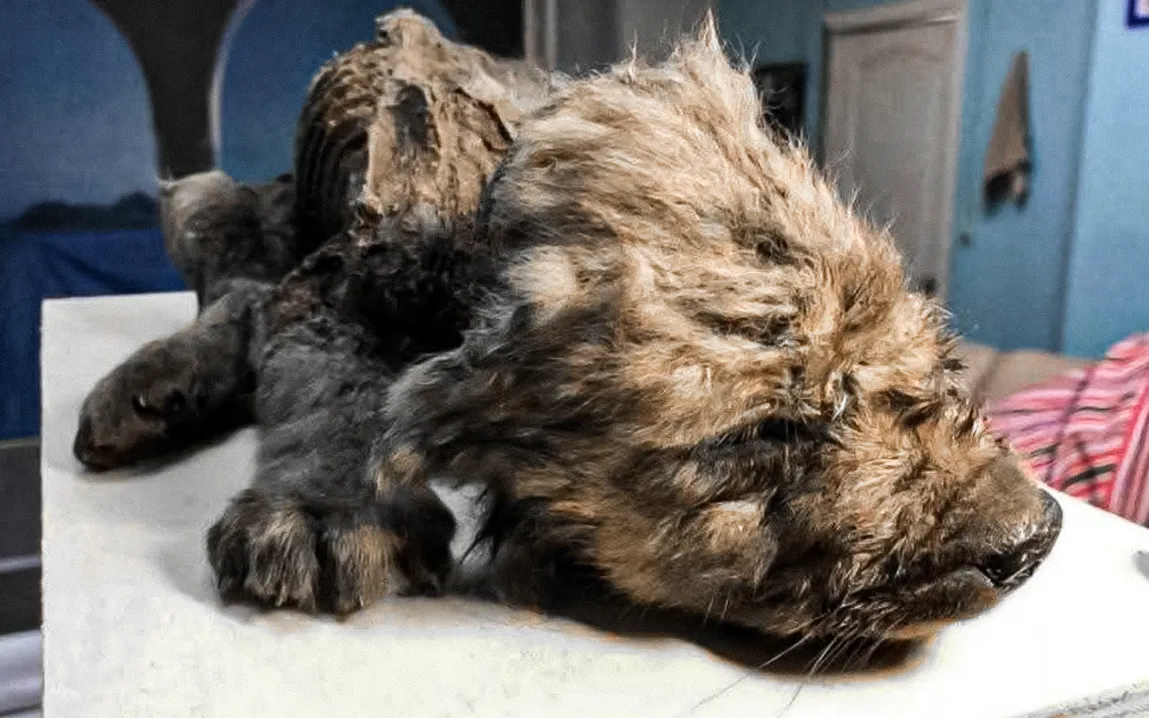Each month, a global network of Indigenous scientists logs into Zoom. These informal meetings usually feel like a catch-up among friends. But this February, the mood was different. Fear and urgency took over.
“There was this cascade,” said Max Liboiron, a Métis scientist and professor at Memorial University of Newfoundland. “Everyone in the US was like, ‘Holy shit. My career is over. My students’ funding is screwed.’”
With funding threatened under the return of Trump-era policies, Liboiron immediately moved into action. Once a full-time activist during the Occupy Wall Street movement, they now use those organizing skills to help Indigenous colleagues navigate increasing uncertainty in academia.
The Threat Behind the Numbers
In the U.S., tribal nations are recognized as sovereign political entities, not racial groups. Yet Indigenous researchers say they’re being swept up in political efforts to dismantle diversity, equity, and inclusion programs. As funding dries up, they fear what comes next: the loss or misuse of critical data that includes sacred cultural knowledge.
“The government might weaponize our data,” Liboiron warned, referencing concerns that environmental and cultural research could be turned against Indigenous communities or used to exploit their lands.
In the past, federal agencies were the main concern. Now, that fear has widened to include powerful tech players like Elon Musk, whose influence over government data systems remains unclear. Liboiron noted, “There’s an unknown relationship between what Musk can touch and our data.”
Taking Data Out of Government Hands
In response, Indigenous scientists are shifting their focus to private data storage, and sometimes storing it outside the U.S. entirely. Liboiron and the IndigeLab Network have identified several secure server locations in Canada. While those are finalized, researchers have turned to encrypted cloud platforms like CryptPad (France-based) and Sync (Canada-based).
Canadian tech leader Angie Saltman, a Métis Nation of Alberta citizen, runs Saltmedia, a company offering data services to Indigenous organizations. She compares her team to landlords: “We look after the house, but we don’t go creeping in.”
Data as Culture and Power
For Indigenous communities, data isn’t just numbers. It’s memory, knowledge, and identity. “Indigenous peoples have always been data experts,” said Riley Taitingfong, a Chamorro researcher at the Collaboratory for Indigenous Data Governance.
The fight for data sovereignty is about long-term self-determination, deciding who can access, manage, and benefit from information, whether it’s environmental DNA or oral histories passed down by elders.
Stephanie Russo Carroll, director of the Collaboratory, helped write the CARE Principles, which promote respectful and community-led data use. “Even as an Indigenous person, you have to reckon with how your mind has been colonized,” she said.
Building Trust and Pushing Policy
Trust is at the heart of this movement. At Memorial University, Liboiron helped draft a contract template that ensures Indigenous communities own and benefit from research. The University of Maine has also signed agreements with the Wabanaki Nations, sharing ownership of environmental projects.
Even as federal partnerships grow shaky, some agencies are moving forward. The National Institutes of Health plans to require tribal approval for data use, a major step forward. Still, many Indigenous leaders say their government contacts are vanishing.
Climate Change Raises the Stakes
As climate disasters grow, access to real-time environmental data becomes more critical. In Washington, the Tulalip Tribes recently inked a pioneering agreement with the state’s Department of Health, providing them direct access to laboratory reports and disease outbreaks.
“The health of the land is the health of the people,” said Christina E. Oré, an Andean descendant and director at the Indigenous public health institute Seven Directions.
In Maine, anthropology professor Darren Ranco worked with tribal communities to preserve recordings of elders’ experiences with past climate shifts. Instead of deleting this human subject data after the project, the team gave it back to the tribes permanently.
Writing Laws to Protect the Future
At UCLA, Desi Small-Rodriguez is helping the Northern Cheyenne Nation draft tribal laws to protect their ancestral knowledge. “We’re moving forward to figure out how to use the white man’s law to protect Cheyenne data,” she said.
She doesn’t trust the U.S. government or Elon Musk with her community’s knowledge. But she does trust fellow Indigenous scientists around the world. In recent months, Small-Rodriguez has collaborated with Māori researchers in New Zealand and attended a global data conference in Australia.
“What a beautiful thing,” she said. “It makes me cry to think that we have Indigenous colleagues and relatives across the world who are like, ‘We see you, and we want to help you.’”



